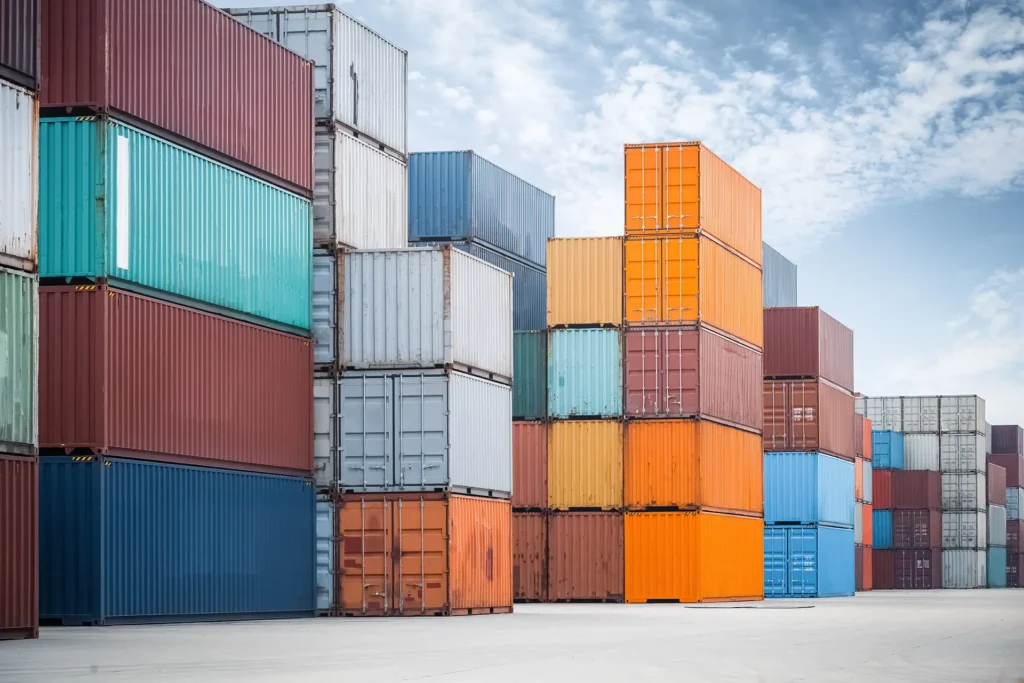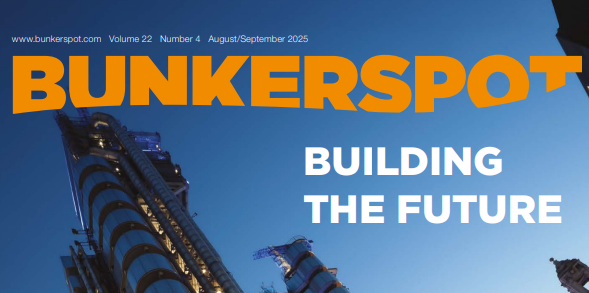Washington, D.C., June 4 – Today, the Zero Emission Maritime Buyers Alliance (ZEMBA) and Katalist convened a group of 13 first mover organizations across the maritime sector, including A.P. Møller – Mærsk A/S, Liquid Wind, NORDEN, Patagonia, Swire Shipping Pte. Ltd, Swire Bulk Pte. Ltd, Tchibo, and Unifeeder A/S, for the first time to share joint perspectives on the Science Based Targets initiative (SBTi)’s Corporate Net Zero Standard 2.0. Currently undergoing major revision, SBTi’s globally recognized Standard aims to provide companies with requirements, guidance, and best practices toward setting and achieving emissions reductions and net-zero targets.
The maritime transport sector— considered one of the world’s hardest-to-abate industries—is nonetheless at the forefront of heavy industry decarbonization. Through participation in SBTi’s public consultation process and an open letter published today, these organizations’ comments centered around the importance of indirect mitigation efforts for the maritime sector’s clean energy transition.
Particularly in the early years of the sectors’ clean energy transition, direct emission mitigation efforts face challenges of transparency and assurability. Often indirect mitigation efforts, like book and claim solutions, can unlock increased demand and channel investment toward creating the markets for the most advanced, scalable fuels and technologies within the sector, as companies are not constrained by only investing in the offerings of their carriers. SBTi’s most recent draft Standard marked the first time that the organization acknowledged the necessary role of indirect mitigation as a key aspect of a company’s net-zero journey.
“Patagonia views indirect mitigation—reducing greenhouse gas emissions in our supply chain—as a necessary component of our strategy to achieve net zero by 2040,” said Kim Drenner, director of supply chain environmental impact at Patagonia. “Indirect mitigation supports collective action, encourages policy development and enables us to channel investments directly into our supply chain by supporting technologies such as e-fuels in transportation and transitioning textile mills to renewable energy. Because our supply chain partners serve many companies, this work can drive large-scale decarbonization and help industries from apparel to transportation reduce their carbon footprints.”
“Book & Claim solutions play a vital role in accelerating the adoption of low-carbon fuels across the maritime industry,” said Henrik Røjel, Head of Decarbonisation & Climate Solutions at NORDEN. “By helping to secure demand, they contribute to unlocking the investments required to scale the production and deployment of alternative fuels. We welcome SBTi’s recognition of the value of indirect mitigation (Book & Claim) as a way for companies to reduce their supply chain emissions, as reflected in the draft update to its Corporate Net-Zero Standard (CNZS 2.0). This acknowledgment can provide the confidence and clarity needed to drive real progress on decarbonisation in the maritime industry and other hard-to-abate sectors.”
Feedback to SBTi from maritime sector leaders focused on specific clarifications regarding indirect mitigation that SBTi could make in a final draft to build off rigorous work already being done in this sector. The letter and responses also highlighted how with the support of SBTi, indirect mitigation efforts have the potential to help scale critical technologies faster than direct supplier engagement in many harder-to-abate sectors like maritime.
The leadership of ZEMBA, Katalist and these 13 other first movers is a driving force in the maritime sector’s clean energy transition, but voluntary private sector action needs guidance from organizations like SBTi toward the mutual goal of facilitating credible corporate emissions abatement in line with a net-zero goal. To learn more about the pioneering work on indirect mitigation being done by ZEMBA and Katalist, visit www.shipzemba.org and katalist.eco
For Media: Inquiries may be directed to the Aspen Institute’s Senior Program Manager for Ocean & Climate Taylor Goelz at taylor.goelz@aspeninstitute.org and Katalist’s Communication Partner Luca Cucinotta luca.cucinotta@zerocarbonshipping.com
###
ABOUT ZEMBA
The Zero Emission Maritime Buyers Alliance (ZEMBA), a non-profit organization, is a first-of-its-kind buyers group within the maritime sector, the aim of which is to accelerate commercial deployment of clean energy powered shipping, enable economies of scale, and help cargo owners maximize their positive impact beyond what any one freight buyer could accomplish alone.
The Aspen Institute’s Energy and Environment Program serves as the ZEMBA secretariat. The over 45 current members of ZEMBA encourage additional freight buyer companies to join us in sending an ever-growing demand signal for scalable, sustainable shipping through ZEMBA’s competitive procurements. Learn more at www.shipzemba.org.
ABOUT KATALIST
Katalist is a non-profit platform providing tailwinds for the sustainable shipping transition by providing companies with the independent and trusted solutions they need to decarbonize their cargo today.
Developed by The Mærsk Mc-Kinney Møller Center for Zero Carbon Shipping and RMI in collaboration with 29 organizations across the value chain, Katalist is dedicated to providing credible, transparent and applicable solutions that benefit the entire maritime industry.



